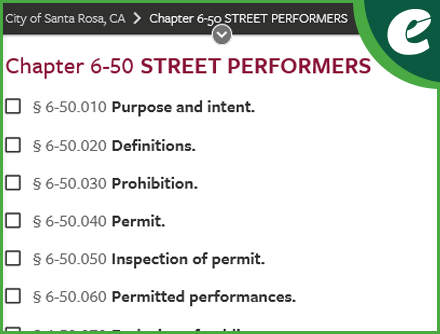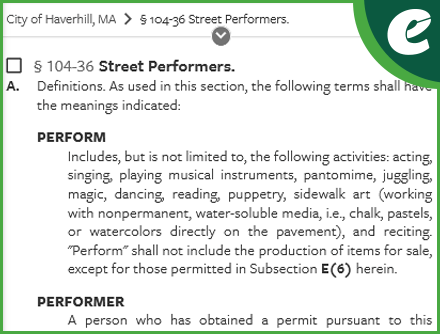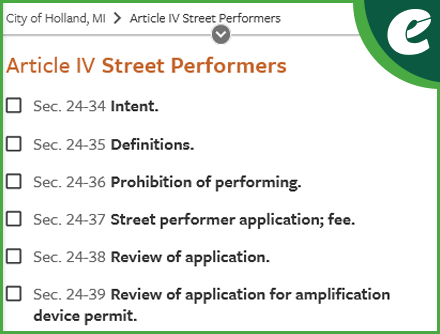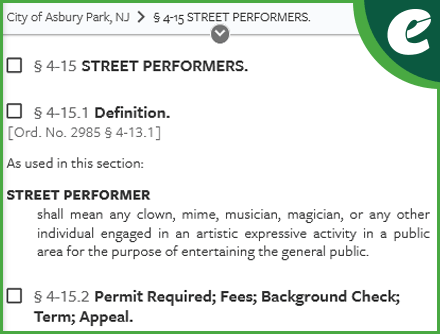Visit any downtown urban area and chances are you will cross paths with a guitarist, singer, dancer, or other performer showing off their talents amid the hustle and bustle of city streets. “Buskers,” as street entertainers are often called, have been part of the backdrop of urban life for decades, turning street corners, subway stations and other public areas into stages to entertain passersby and create new audiences for their work.
Locals have traditionally had a love-hate relationship with buskers. Many long-time residents see street entertainers simply as beggars in disguise, while others welcome the positive vibe and business activity buskers bring to their neighborhoods. Today more and more local governments have come to embrace buskers as a community asset that plays a significant role in promoting commerce, human expression, and community engagement. As such, many cities have worked long and hard to develop set rules and guidelines that both encourage and control busking.
View sample street performers legislation >
Busking out
The term busker comes from the Spanish word “buscar” which means to seek. The origins of busking can be traced back to ancient and medieval entertainers like troubadours, minstrels, jugglers, and puppeteers who would travel from town to town plying their trade in public squares and markets. Over the centuries, busking has taken on many forms – from the organ grinders of the 1800s to the diverse range of musical and performance acts found in cities worldwide today.
It’s not all song and dance
Despite the romantic notions surrounding busking, street performers often face considerable challenges in their pursuit of public entertainment. They grapple with legal restrictions, weather problems, competition for prime locations and the unpredictability of audience donations. Many municipalities also have strict regulations that limit where, when, and how buskers can perform which may require permits.
Rules take center stage
The requirements for busking permits can vary by location. In many cities, buskers are required to obtain a permit or license to perform legally on the streets. These regulations are in place to manage public spaces and avoid conflicts. Some cities even require auditions. It’s important for buskers to check the local rules and regulations wherever they plan to perform. Some examples:
- London’s Underground has a limited number of licenses and requires auditions, which take place once each year.
- Un-amplified busking in New York City is allowed almost everywhere in the city, except within 50 feet of monuments. Performing on a subway platform is protected by the First Amendment, but not if you step onto a train.
- Chicago requires a permit for every public performance, and there are designated hours and noise limitations.
- Boston requires an audition, a criminal background check and liability insurance in order to play in some parts of the city.
Attention? Money? A path to stardom?
Buskers often seek some or all of the above. Most street troubadours perform in exchange for their audiences’ generosity and requesting donations is not illegal – but there are clear rules. For example, Cleveland, OH, has a formal Busker Guide that sets out the types of performers allowed on city streets, and maps of “pitches” or areas where buskers are allowed to perform. There is also a best practice guide that outlines allowed performance times, equipment to bring, volume control, the selling of merchandise, rules around tips, and how to politely interact with businesses and residents. The goal, as the guide states, is to have a healthy, positive street culture for everyone involved.
Famous Musicians Who Began As Street Performers
- Rod Stewart
- Tracy Chapman
- Robin Williams
- B.B. King
- Ed Sheeran
- Jewel
- Sheryl Crow
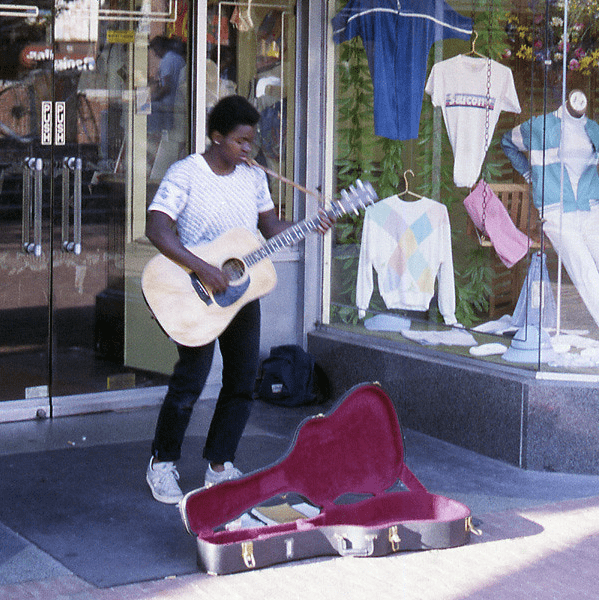
Busking and free speech
In the U.S., busking falls under artist free speech and is thus protected by the First and Fourteenth Constitutional amendments. Even when localities tried to pass laws for busking permits and other requirements, the U.S. Supreme Court has consistently brushed them off as “unconstitutional.” Authorities can’t prohibit a busker from performing in public land where other forms of free speech aren’t prohibited. The only exceptions to the free speech rule are sedition (disturbance against lawful civil authority), obscenity, criminal behavior such as defamation or fraud, and public displays of pornography.
All the world’s a stage
In recent years, the audience for street performers has grown to millions thanks to sharing on social media like Facebook, Twitter, Instagram, and TikTok, digital platforms such as YouTube and Soundcloud, and streaming services including Spotify.
Some projects and platforms have sought to combine technology with busking for a cause. Created in 2002, the Playing For Change project aims to record musicians in the streets with a mobile studio. Music producer Mark Johnson started by recording buskers all around the world singing lines from the song Stand By Me. The clip now has more than 140 million views. Buskers from 125 countries took part, money was raised for music schools, and the concept became a global movement “to inspire and connect the world through music.”
The Busking Project is a platform where people can join as a busker or as a fan. Artists can be hired for events and earn cashless tips.
Useful examples of street performers legislation from the eCode360® Library
If your community is interested in legislating or updating ordinances related to street performers, here are some useful examples that can be found in our eCode360 Library:
Updating your municipal code is vitally important
Submit your code updates as soon as possible and ensure constituents and local government officials are always referencing and working with the most up-to-date resources. Make it part of your Board meeting close-out process to send your adopted legislative changes to General Code when everything from that meeting is already right at hand.
For tips that will allow us to process your code updates most efficiently, click here.
Questions about updating your code?
Our Client Care team is available to explain the options and benefits of scheduled code updates or any other code-related questions you might have.
Sources:
- What Is Busking? The Art and Business of Street Performance
- Busking: The Art of Street Performance (Meaning and Guide)
- Buskers enrich our streets and laws don’t have to hinder – they can help
- Buskers’ Rights: Know the Laws of Street Performing | Guitar World
- Busker Program — Downtown Cleveland
- Buskers and peddlers are running afoul of Charleston’s new solicitation rules – Charleston City Paper
- From Street Performers to Superstars: A History of Busking – The Composer man
- All the world’s a stage – buskers can make it big in a connected world
- When is busking art? In New York, the police decide | New York | The Guardian
- A Guide for Street Performers – City Lore
- Busking: The Impact of Busking on Local Communities and Economies
- eCode360 Library
